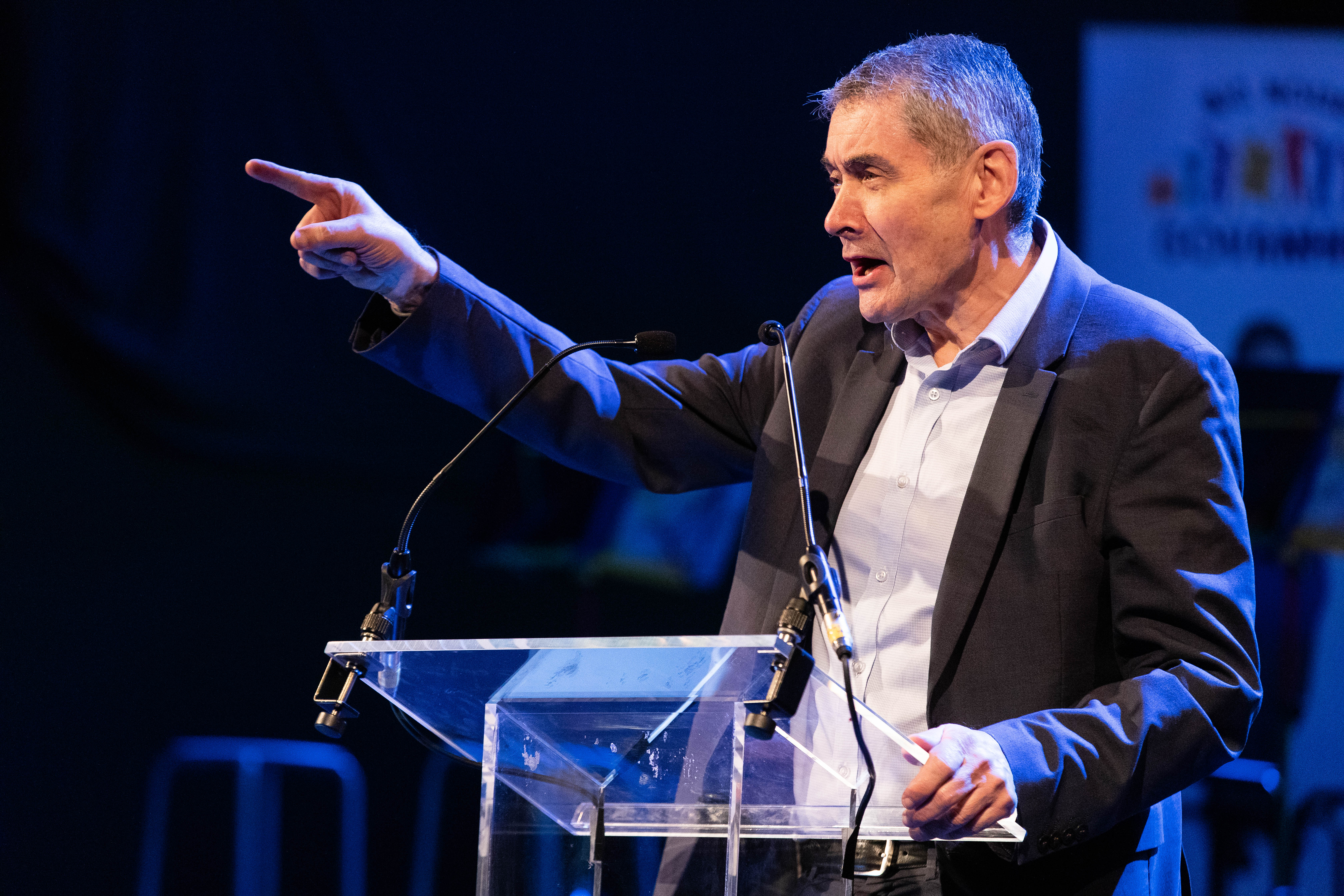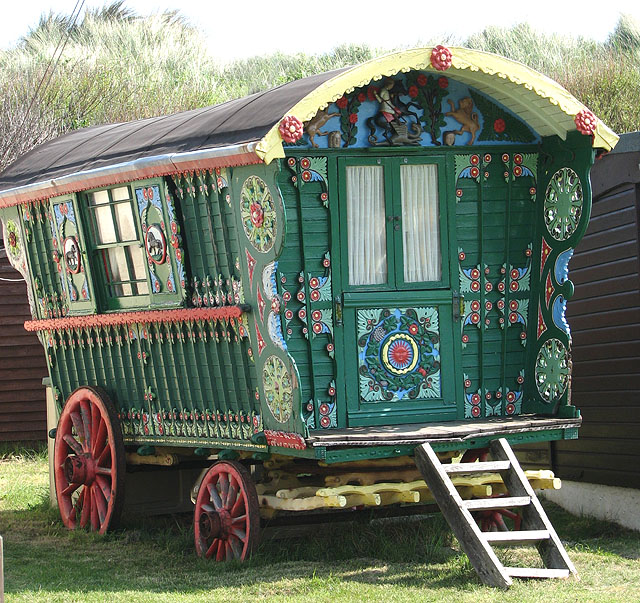As the old year makes way for the new, it’s time to reflect on some of the topics we’ve been covering on The Knowledge Exchange blog over the past twelve months. We’ve published over 70 blog posts in 2019, covering everything from smart canals and perinatal mental health to digital prescribing and citizens’ assemblies. We can’t revisit them all, but here’s a quick look back at some of the stories that shaped our year.
Tomorrow’s world today
Artificial Intelligence was once confined to the realms of science fiction and Hollywood movies, but it’s already beginning to have a very real impact on our personal and working lives. In February, we looked at the pioneering local authorities that are dipping a toe into the world of AI:
“In Hackney, the local council has been using AI to identify families that might benefit from additional support. The ‘Early Help Predictive System’ analyses data related to (among others) debt, domestic violence, anti-social behaviour, and school attendance, to build a profile of need for families. By taking this approach, the council believes they can intervene early and prevent the need for high cost support services.”
However, the post went on to highlight concerns about the future impact of AI on employment:
“PwC’s 2018 UK Economic Outlook suggests that 18% of public administration jobs could be lost over the next two decades. Although it’s likely many jobs will be automated, no one really knows how the job market will respond to greater AI, and whether the creation of new jobs will outnumber those lost.
Tackling violent crime
One of the most worrying trends in recent years has been the rise in violent crime. Figures released in January found overall violent crime in England and Wales had risen by 19% on the previous year.
As our blog reported in March, police forces around the country, along with health services, local government, education and the private sector have been paying close attention to the experience of Glasgow in tackling violent crime.
Glasgow’s Violence Reduction Unit (VRU) was launched in 2005, and from the start it set out to treat knife crime not just as a policing matter, but as a public health issue. In its first ten years, the VRU helped to halve the number of homicides in the city, with further progress in subsequent years.
In March, our blog explained that the VRU takes a holistic approach to its work:
“…staff from the VRU regularly go into schools and are in touch with youth organisations. They also provide key liaison individuals called “navigators” and provide additional training to people in the community, such as dentists, vets and hairdressers to help them spot and report signs of abuse or violence.”
Protecting the blue planet
Environmental issues have always featured strongly in our blog, and in a year when people in larger numbers than ever have taken to the streets to demand greater action on climate change, we’ve reported on topics such as low emission zones, electric vehicles and deposit return schemes.
In August, we focused on the blue economy. The world’s oceans and seas are hugely important to the life of the planet, not least because they are home to an astonishing variety of biodiversity. In addition, they absorb large amounts of carbon dioxide emissions. But they are also a source of food, jobs and water – an estimated 3 billion people around the world rely on the seas and oceans for their livelihood.
Pollution is having a devastating impact on the world’s oceans, and, as our blog reported, governments are finally waking up to the need for action:
The first ever global conference on the sustainable blue economy was held last year. It concluded with hundreds of pledges to advance a sustainable blue economy, including 62 commitments related to: marine protection; plastics and waste management; maritime safety and security; fisheries development; financing; infrastructure; biodiversity and climate change; technical assistance and capacity building; private sector support; and partnerships.
A sense of place
The ties that bind environmental factors, health and wellbeing are becoming increasingly clear. This was underlined at an international conference in June on the importance of place-based approaches to improving health and reducing inequalities.
One of the speakers was Sir Harry Burns, Director of Global Public Health at the University of Strathclyde. His research supports the idea that poverty is not the result of bad choices, but rather the absence of a sense of coherence and purpose that people need to make good choices:
“People who have a sense of purpose, control and self-esteem are more positive and secure about the places they live in, and a greater ability to make the right choices. Ask people to take control of their lives, build their trust, and people can make choices that support their health. We must create places that do that”.
Celebrating diversity
While it sometimes seems as if our society has made great strides in stamping out prejudice and supporting minority groups, at other times the stark reality of discrimination can shine a light on how far we still have to go.
In June, we marked Gypsy, Roma and Traveller (GRT) History Month with two blog posts that aimed to raise awareness of the many issues faced by GRT communities in the UK today:
“Research by Travellers Movement has found that four out of five (77%) of Gypsies, Roma and Travellers have experienced hate speech or a hate crime – ranging from regularly being subject to racist abuse in public to physical assaults. There is also evidence of discrimination against GRT individuals by the media, police, teachers, employers and other public services.”
But our blog also highlighted work being done to address these issues and to spread the word about GRT communities’ rich cultural heritage:
“Today, organisations and individuals such as The Traveller Movement, Friends, Families and Travellers, and Scottish Traveller activist Davie Donaldson strive to promote awareness of and equality for the GRT community. The recent Tobar an Keir festival held by the Elphinstone Institute at Aberdeen University sought to illustrate traditional Traveller’s skills such as peg-making.”
Back to the future
Since first launching in 2014, The Knowledge Exchange blog has published more than 700 posts, covering topics as varied as health and planning, education and digital, the arts, disabilities, work and transport.
The key issues of our times – climate change, Brexit and the economy haven’t been neglected by our blog, but we’ve looked at them in the context of specific topics such as air pollution, higher education and diversity and inclusion in the workplace.
As we head into a new year, the aims of The Knowledge Exchange blog remain: to raise awareness of issues, problems, solutions and research in public policy and practice.
We wish all our readers a very Happy Christmas, and a peaceful, prosperous and healthy 2020.
Share
Related Posts
Supporting residents on the decarbonisation journey: leveraging data for effective retrofit projects
As the drive towards decarbonisation intensifies, the social housing sector’s ability to collect, store and manage vast amounts of data becomes increasingly critical. With a shared goal of creating warmer, carbon-free homes, housing associations’ strategic use of data is essential ....
The recent spikes in energy costs have thrown into sharp focus the challenge of heating our homes. Domestic heating is important, not just for our comfort and wellbeing, but to reduce humidity and prevent condensation. But because traditional heating systems ....
By Donna Gardiner While free school meals (FSM) have been available in England on a means-tested basis since 1944, recent years have seen a renewed focus upon the potential benefits of providing free school meals to all school-aged children. Currently, ....
Tackling geographical inequalities is critical for ensuring that all parts of the country have the potential to prosper. When the UK was a member of the European Union, it was entitled to a share of funding from the EU’s structural ....







